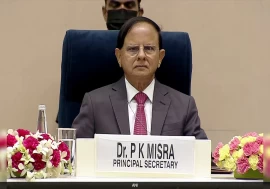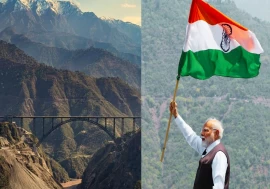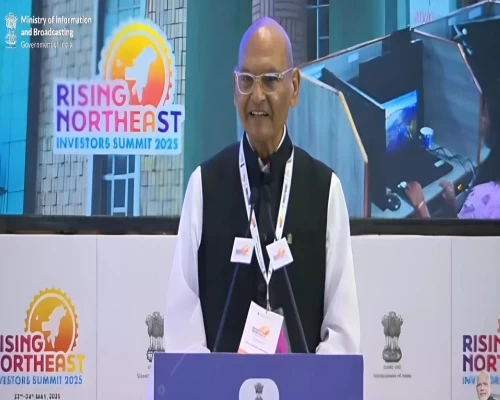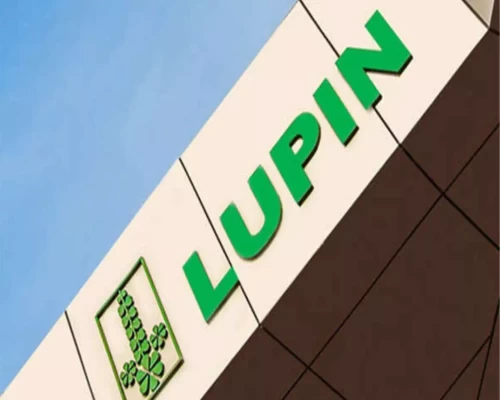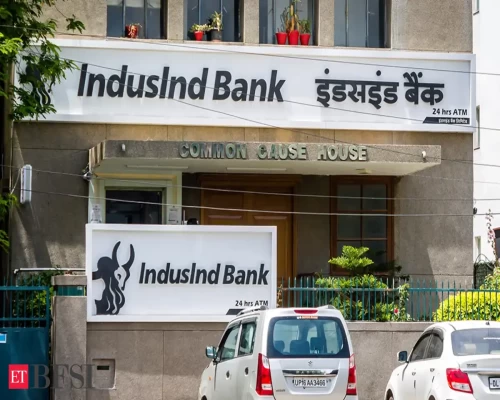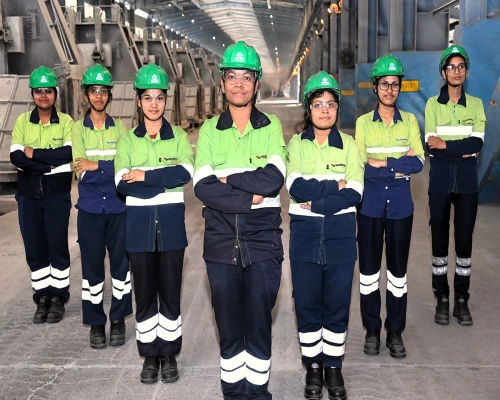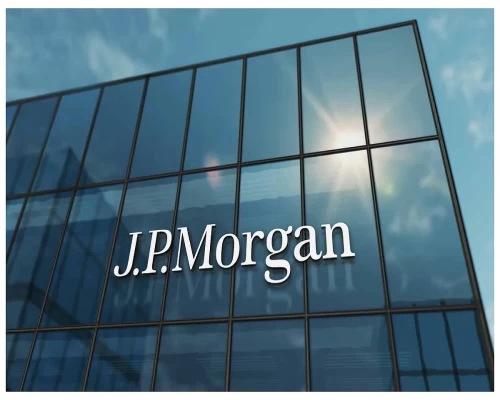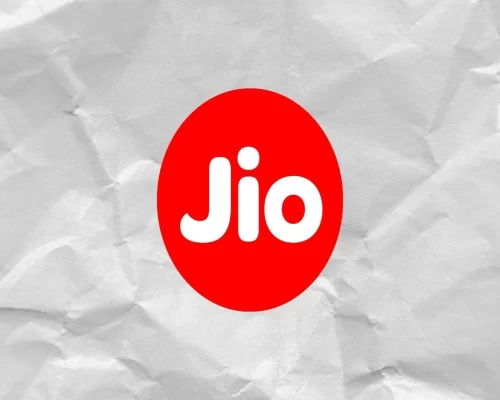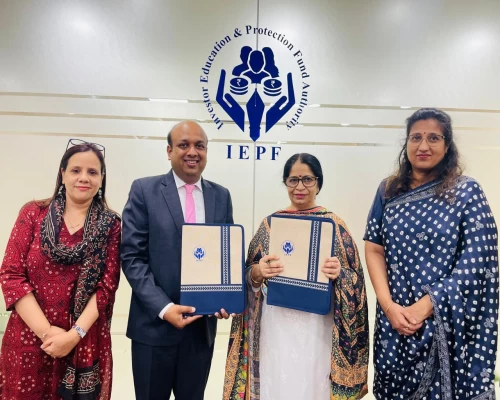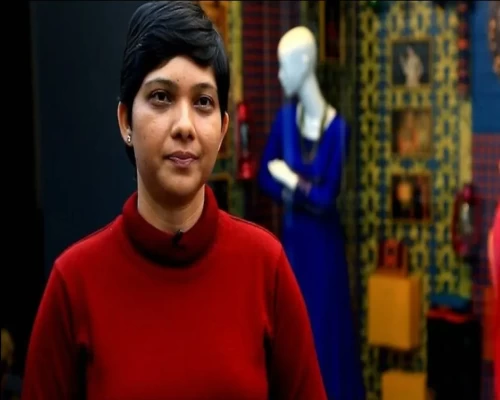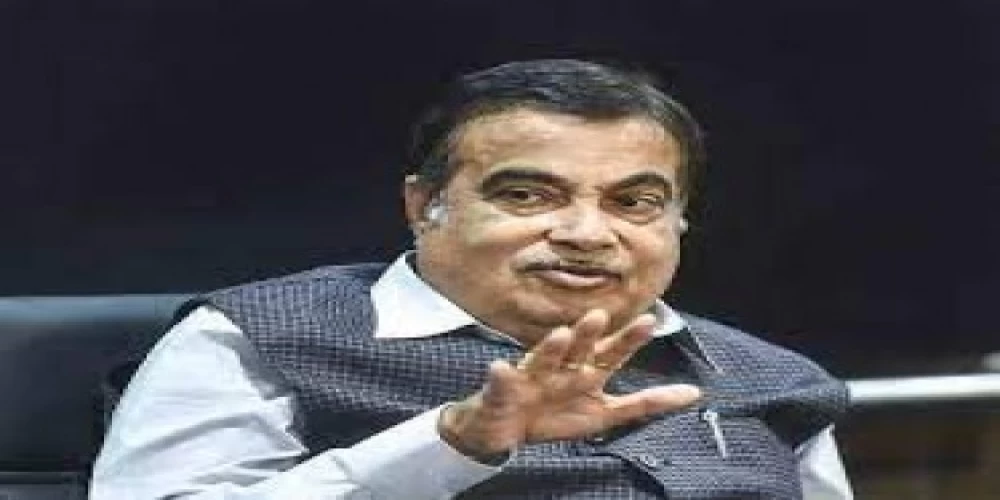
New Delhi: Our government is progressing on the policy of adopting import substitutes, cost-effective, pollution-free and indigenous fuels for the transport sector, said Union Minister of Road Transport and Highways Nitin Gadkari at the FICCI conference on 'Future of Mobility: India's Journey towards Net Zero.'
The minister underlined the steps taken by the government to facilitate the use of ethanol, methanol, bio-CNG, bio-LNG electric vehicles, hybrid electric vehicles, and hydrogen fuel cells, while constantly revising emission norms to reduce pollution.
Minister Gadkari also alluded to "making farmers as Urjadata along with Annadata." He cited an IISC project that successfully demonstrated hydrogen production using biomass. This technology has the potential to transform the rural economy in India completely, the Minister said.
Additionally, he highlighted flex engines – which can run on 100 per cent bio-ethanol or petrol - as another opportunity to "increase agriculture income". "I have given a target to the auto industry to develop India's first BS-VI compliant flex engine and launch it in India," he added.
The Minister emphasised using bio-CNG as a vehicular fuel. He highlighted that bio-CNG is a cheaper and less polluting substitute over diesel, noting the availability of surplus rice 'parali' for conversion into bio-CNG. "Five tonnes of rice straw gives one tonne of bio CNG," he said.
Further, Gadkari underscored the plans to "make an electric highway". He added, "We have a meeting with a scientific adviser of the Prime Minister, and we are planning to make the e-highway from Delhi to Jaipur as a private pilot project by which we can use electric buses, trucks, trolleys, buses and reduce the logistics costs".
Subhrakant Panda, President, FICCI and Managing Director, Indian Metals and Ferro Alloys, noted that India's transition to clean and green technologies and fuels is essential. He emphasised incorporating a wide-ranging suite of solutions for decarbonising the transportation sector. These include gradually shifting to electric mobility, biofuels, hydrogen fuel cells, and natural gas to meet the net zero targets.
Panda also spoke on the recently approved National Hydrogen Mission. He noted it would be instrumental in enabling India to gain global leadership and reduce its carbon footprint. "It will also result in a cumulative reduction in fossil fuel imports of over Rs 1 lakh crore and abatement of nearly 50 MMT of annual greenhouse gas emissions by 2030," he said.
Dr O P Agarwal, Advisor, FICCI Urban Transformation Committee, underlined shared vehicles, electric vehicles and connected vehicles as the "three major factors which are driving the transport sector around the world". He also noted the procurement of electric buses in large quantities, adding, "5450 buses procured through a single vendor, which is the world's largest tender of this kind of procurement, gave us prices which were 30 per cent lower than price of operating diesel buses."
Mike Orgill, Head of Public Policy (Asia Pacific), Uber, noted that transport emissions have grown faster over the past three decades and are among the most significant contributors to global climate change. He emphasised the need for bold policies worldwide to remove barriers and make EV adoption feasible. Orgill suggested a three-pronged approach - firstly, developing the appropriate charging infrastructure.
Amit Kumar Ghosh, Additional Secretary, Union Ministry of Road Transport and Highway and Arun Chawla, Director General, FICCI, also spoke on occasion. /BI/


